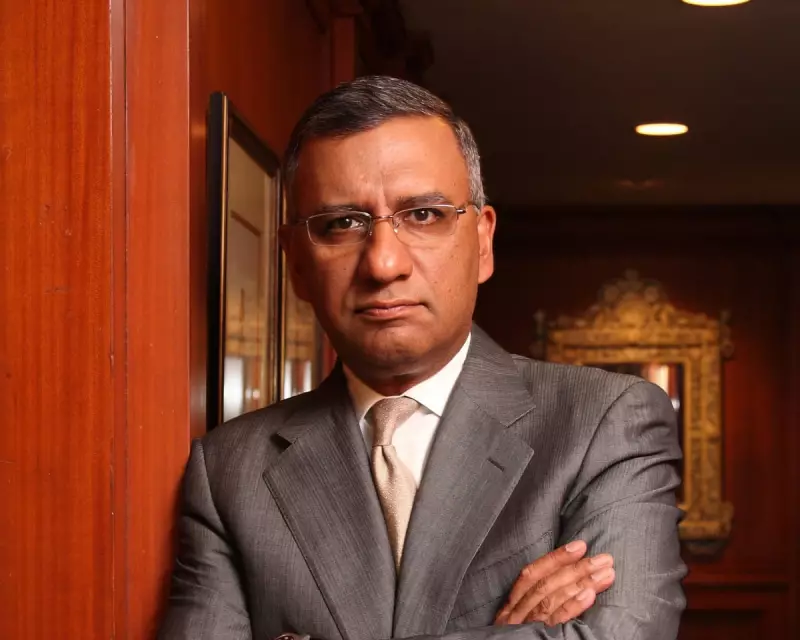
The BBC faces mounting pressure as former board member Shumeet Banerji dramatically resigned, accusing the corporation's leadership of enabling its enemies through poor handling of bias allegations.
Banerji, a technology industry investor, stepped down on Friday following what he described as inadequate consultation over the departures of director general Tim Davie and BBC News head Deborah Turness.
Resignation Reveals Deep Divisions
In his resignation letter obtained by BBC News, Banerji revealed startling details about the internal turmoil. He expressed particular concern about how Turness's departure was handled, stating he was 'surprised to hear on the call that Deborah Turness had already been told that she did not have the confidence of a majority of the board'.
The former board member emphasised that he had not been invited to any meeting where such crucial matters were discussed. He directly criticised BBC chair Samir Shah for not permitting 'reasoned discussions' to take place before key decisions were made.
Contradictory Accounts Emerge
Banerji's claims appear to directly contradict statements made by Shah during his appearance before a committee of MPs on Monday. Shah had pushed back against allegations of exclusion, revealing he had a 26-minute call with Banerji over the weekend when the two resignations occurred.
However, Banerji disputes this characterisation, maintaining that they only spoke because he specifically requested the call. The former board member decided to release his resignation letter to correct what he described as misconceptions arising from Shah's parliamentary committee appearance.
'Leak and Launch' Tactics Validated
The crisis originated from a leaked memo written by Michael Prescott, a PR executive and former independent external adviser to the BBC's editorial guidelines and standards committee. Prescott had claimed there were 'systemic problems' with BBC coverage of sensitive topics including Donald Trump, Gaza and trans rights.
Banerji warned that the board's reaction to Prescott's memo, which was 'predictably leaked' to the Daily Telegraph, effectively encouraged the corporation's detractors. He described this as a 'leak and launch' strategy that could now be used repeatedly to destabilise the BBC.
'The evaluation of the performance of executives is a board matter, but not in the white heat of a press excoriation,' Banerji wrote in his letter. 'This is what has happened here. The lesson for detractors of the BBC is leak and launch.'
Broader Implications for BBC Leadership
Banerji suggested that Turness's treatment made it 'inconceivable' that Tim Davie didn't view this as a direct challenge to his own authority as editor-in-chief and CEO. While Davie stated the crisis contributed to his decision to resign, he maintained it wasn't the sole reason.
The controversy comes as another external adviser who served alongside Prescott publicly disagreed with his assessment of systemic bias issues at the broadcaster.
A BBC spokesperson acknowledged Banerji's resignation, noting his term as a non-executive director was due to end in December regardless. They confirmed that the search for his replacement is already underway.
The unfolding situation raises serious questions about governance and decision-making processes within one of Britain's most important cultural institutions, potentially setting a dangerous precedent for how future challenges to the broadcaster might be orchestrated.





